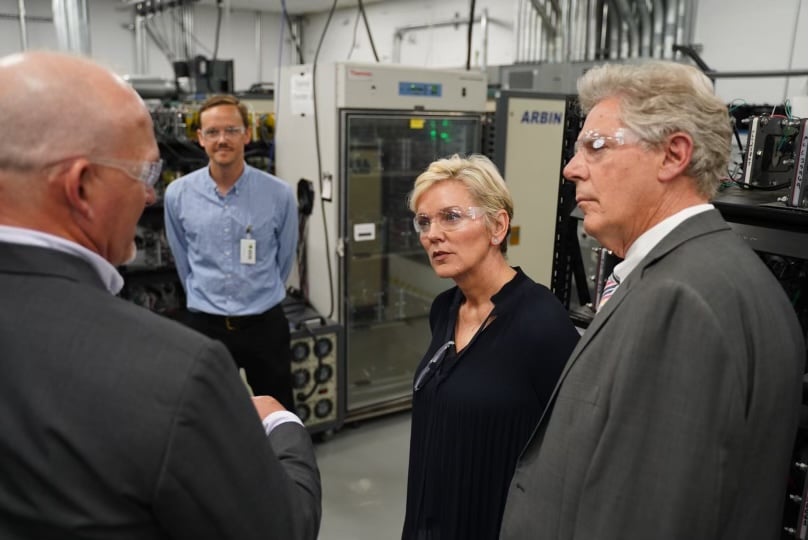
Eos Energy Enterprises has secured a US$200 million investment commitment through an agreed share sale as the zinc-air battery energy storage company commercialises and scales up production.
Eos hopes to earn US$50 million revenues in 2022, more than 10x what it achieved last year. It is currently expanding production facilities at its factory site near Pittsburgh to 800MWh annual capacity and spending US$25 million to do so.
Enjoy 12 months of exclusive analysis
- Regular insight and analysis of the industry’s biggest developments
- In-depth interviews with the industry’s leading figures
- Annual digital subscription to the PV Tech Power journal
- Discounts on Solar Media’s portfolio of events, in-person and virtual
The company said yesterday that an unnamed affiliate of its financing partner Yorkville Advisors has agreed to make a common stock standby equity purchase agreement for the US$200 million sum. Through the agreement, Eos has the right, but not obligation, to sell common equity stock to the Yorkville affiliate at any time during an agreed two-year period.
Yorkville president and founder Mark Angelo said that working with Eos gave his group a “front row seat as the world continues its transition to cleaner energy”.
The shares will be issued at a discounted price based on 97% of the three-day weighted average share price at the time of purchase while the deal also allows for sums to be loaned to Eos, US$50 million at a time.
Eos Energy Enterprises has developed a zinc battery technology through plating and replating zinc. It enables up to 3-hour duration per module of Eos’ Znyth brand batteries, however those modules can be stacked together to create up to around 12 hours of storage in a complete system.
The company listed on the New York Stock Exchange (NYSE) in November 2020 as one of a number of energy storage companies to merge with special purpose acquisition company (SPAC) entities during the last couple of years.
Eos was clear at the time that the path to profitability would take a while to traverse and would require significant investment in technology and manufacturing scale, as well as business development activities.
It incurred costs of just under US$140 million for 2021, but finished last year with an order backlog worth US$150 million. Its market cap as of early April was US$211 million, while Eos has also been invited by the US Department of Energy (DoE) to apply for loans to fuel its manufacturing expansion.






